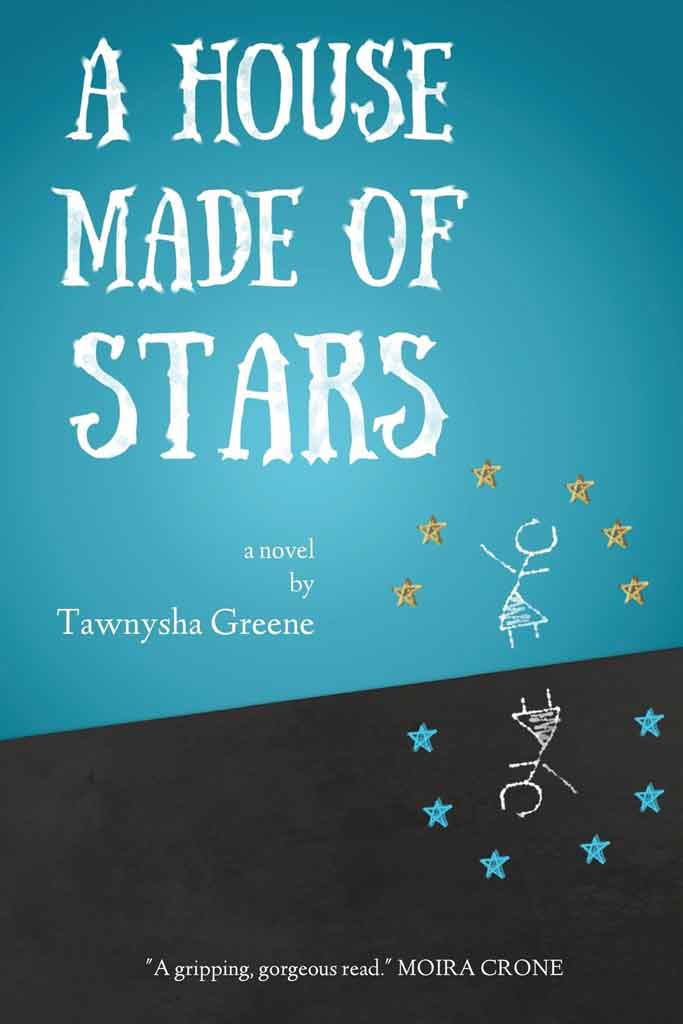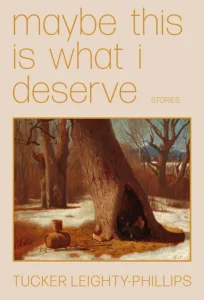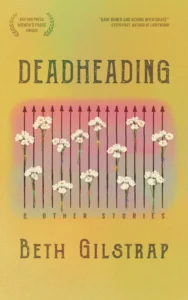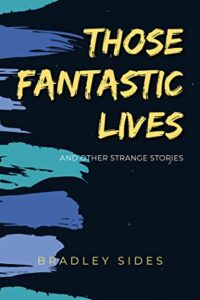Review by Justin LaFreniere // February 27, 2017
Burlesque Press, 2015
Paperback, 196 pp. $16.95
Tawnysha Greene’s A House Made of Stars opens with danger disguised as play: the young hearing-impaired girl who serves as unnamed narrator hides in the bathtub with her younger deaf sister because “Momma tells us it’s a game.” But the observant narrator knows the truth: hiding in the bathtub behind a locked door is only a temporary refuge from her bipolar, abusive father.
A House Made of Stars ties knots in your gut. It thrives on a constantly palpable tension. The reader, like the family, never knows when the father might erupt in inevitable acts of violence. Greene’s short chapters and the fluidity of narrative create a sometimes indeterminate length of crisis, leaving the reader in the same position as the narrator: unable to guess at the twists in mood or which innocuous action might be the trigger. It’s a choice that shines early in the book as the father, jobless for longer than usual, forces the family to move in with the father’s sister. As her father’s low period continues, his volatility culminates in an assault on his daughters, rendered in strong, horrific prose.
When the narrator’s mother covers for the father after the narrator calls 9-1-1, the message is clear: I will protect you from him, but I will also protect him from you. A House Made of Stars understands and utilizes this environment of enabling, the way real abusers create situations and cycles that allow their rage and behavior to go unchecked. In the novel, the failings of the adults in the family and their choices about whom to protect generate as much tension as the violence itself. And the violence is unpleasantly beautiful, for Greene is at her best when her writing strikes with fervency, such as when the father does his own oral surgery:
Daddy’s in the bathroom with a clothes hanger in his mouth. He pulls on it, and hands are bloody. He makes the sound again. . . . He spins around, pushes past Momma to the kitchen, pulls out the knife drawer, picks the long skinny one we use for meat, and saws with deep strokes, making the sounds again.
Genetics seem to pass on more than biological material within Greene’s novel; the cycle of abuse exists almost as a given, a birthright. The father’s bipolarity is hereditary, as we learn his mother was abusive, burning a scar onto his neck and face. The cycle of abuse continues until eventually the maternal grandmother whisks the girls—narrator, sister, and mother—off to her house where they will be safe.
When the novel makes this shift in the action from the tightly plotted beginning, the reader is given an opportunity to ask some of the questions that might be nagging at the periphery. I found myself considering how the stellar rendering of the narrator seemed so much more complete and dynamic than some of the secondary characters, like the narrator’s maternal grandmother—protective, caring, and encouraging to the creativity and maturation of her granddaughters. How she begot the conservative and enabling mother who disdains what she calls “Jezebels” and won’t listen to a woman speak in church also feels unexplained. When the father and his temper returns, however, the pacing, too, returns to its previous breakneck pace, and the reader quickly forgets the incongruities of these secondary characters and becomes enthralled in the return of danger.
A House Made of Stars may not reinvent the genre of the coming-of-age novel, but its subject matter is fresh and compelling. Greene’s use of dialogue is particularly noteworthy for a modesty that makes it easy to read the characters’ sign language as speech. Still, deafness subsides and resurfaces as Greene reminds us of its presence in artful ways, such as when the narrator reacts to the feel of vibrating speakers or the double meaning when she explains how to sign “Daddy”: “an open hand with the thumb hitting my forehead.” These moments are rendered in the text with an impressive intimacy that bonds reader to character. It is this humanness and honesty that makes us love the narrator and worry for her. We understand the conflict in the family immediately when she says, “I never saw words come from Daddy’s hands.”
Though the family wages minor rebellions against the father, the reader knows that the book’s ultimate confrontation must come from the narrator. And when it does, in the final chapters of the book, I found myself of two minds. At first, the book seemed to end too soon. The father is still an ominous presence pursuing the narrator, but I wanted the tension that Greene so aptly creates to transition to a more stable, traditional resolution—I wanted to know what would happen or to have the strong suggestion of a future. But there’s an undeniable power in Greene ending A House Made of Stars as she does. The danger to the narrator remains real, palpable, and I found myself, in the days after reading, constantly revisited by thoughts of our unnamed narrator, wondering if she would be all right.
ABOUT THE REVIEWER
Justin Lafreniere earned his MFA in Fiction from George Mason University and is the Prose Editor for Stillhouse Press. His poems, essays, and stories have appeared in The Postgame, Charlotte Viewpoint, and The Western Online, among other publications. He attended the Tin House Writers’ Workshop to study short fiction in 2015 and previously served as the Fiction Editor for So to Speak. He teaches writing and lives in Northern Virginia. He can be found @justinlaf






